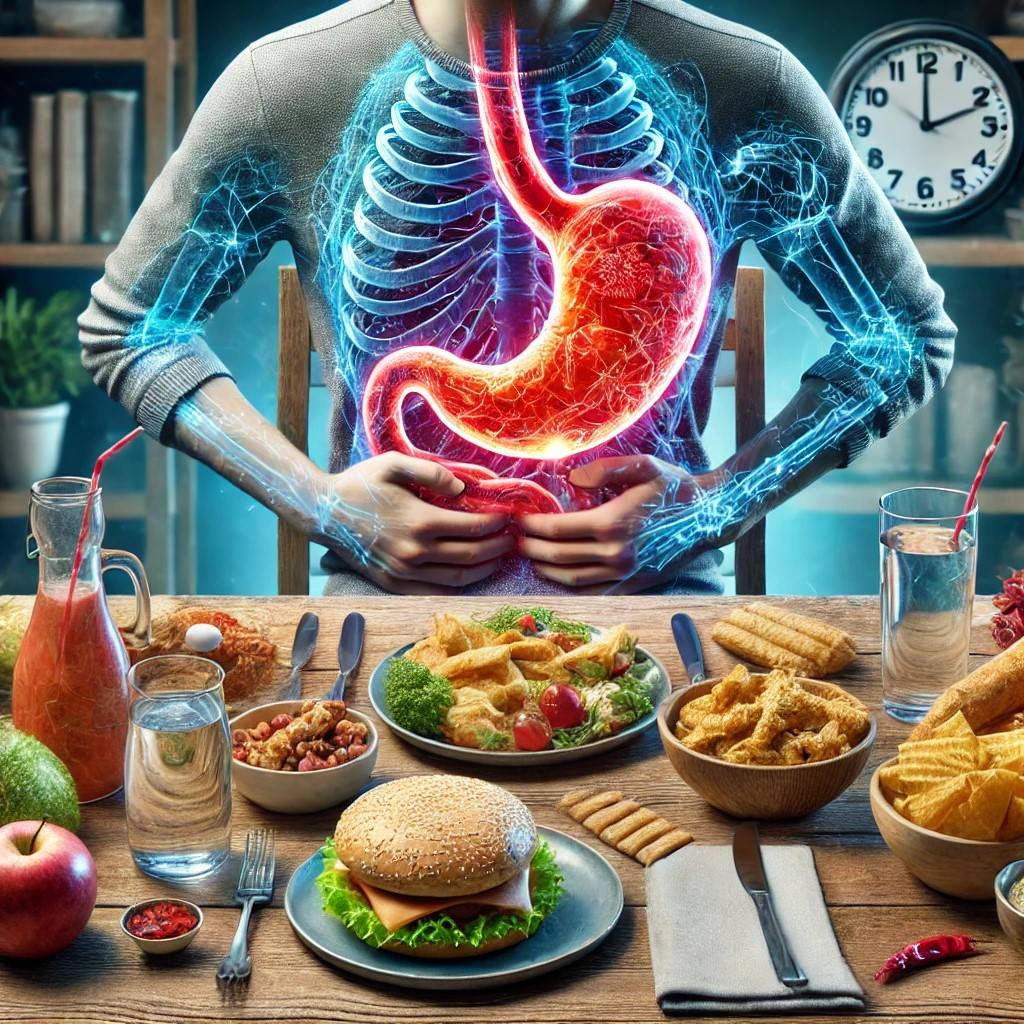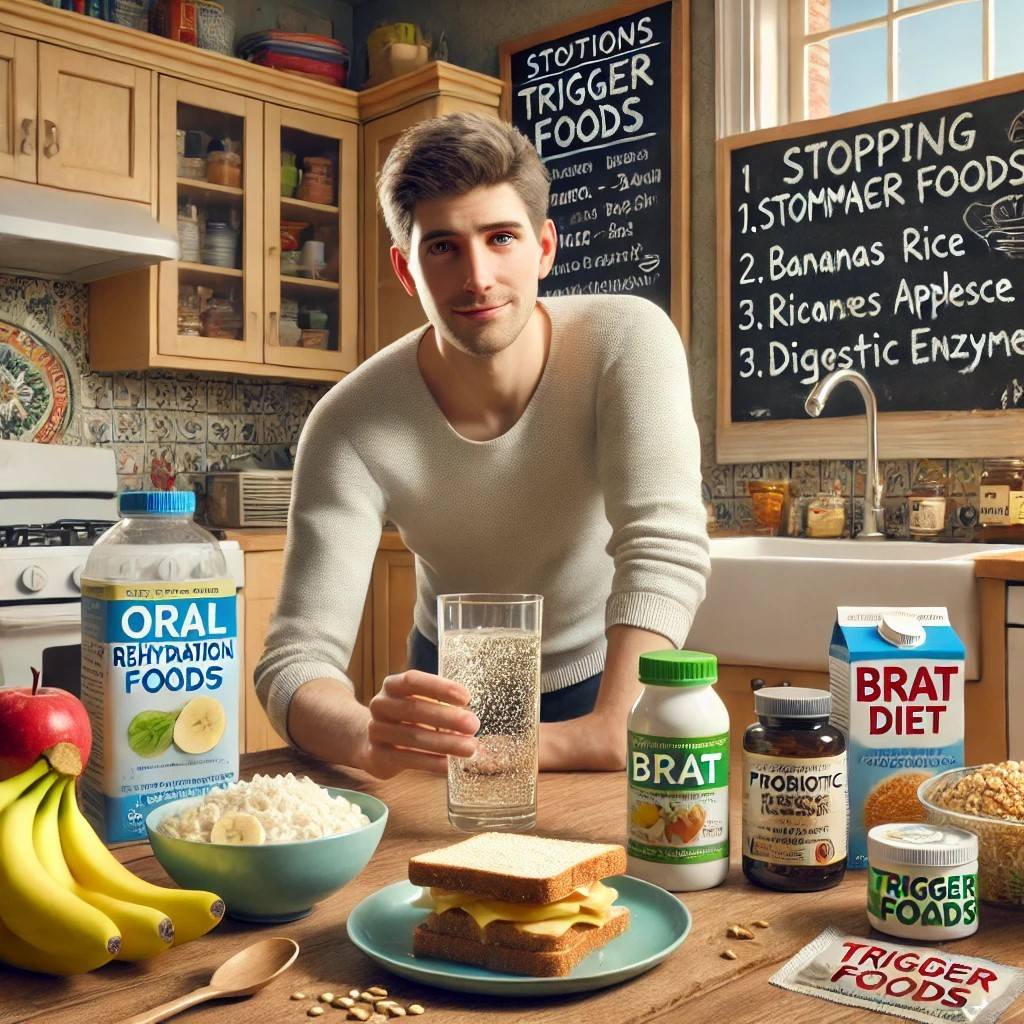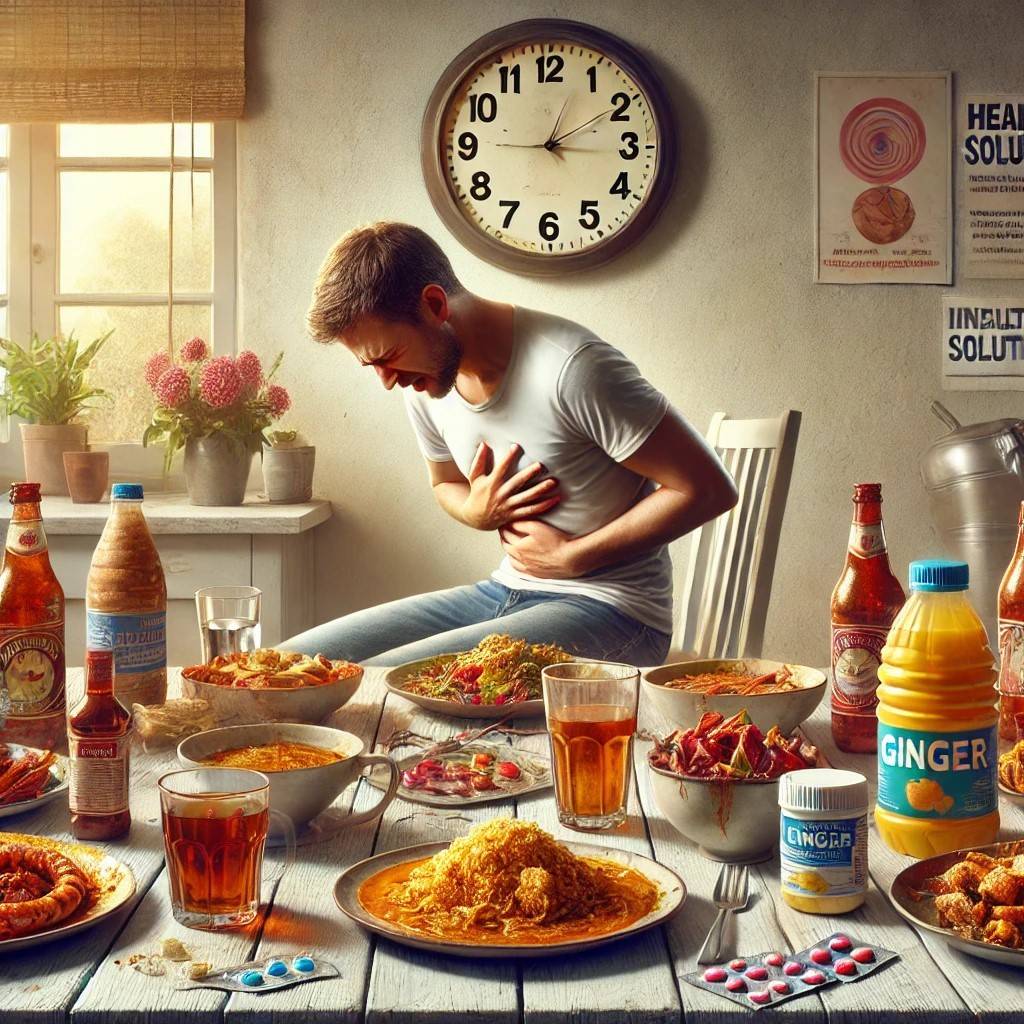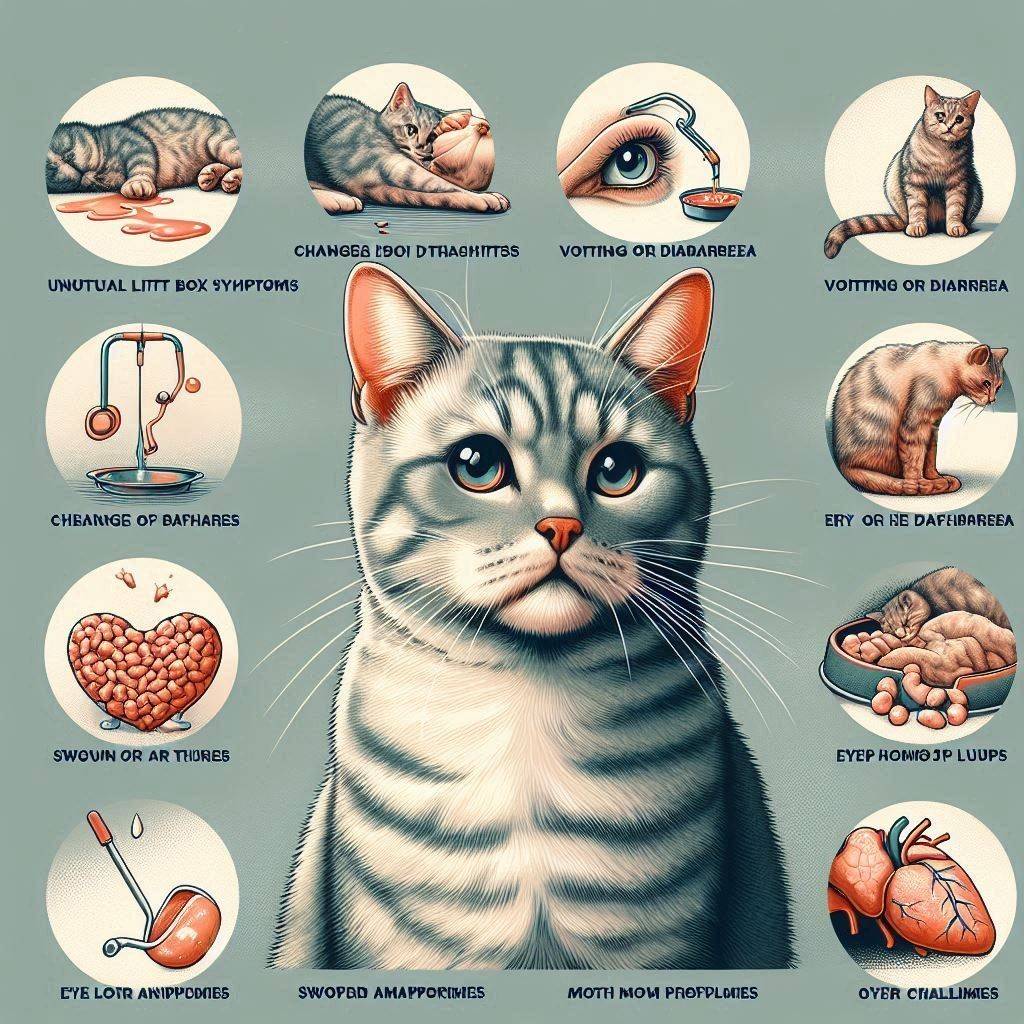Stomach Pain and Diarrhea After Eating? Causes and Solutions.
Stomach pain and diarrhea after eating are more common than you might think. I’ve seen many people deal with this issue, and it can feel frustrating, especially when you don’t know why it’s happening.
The news? Once you figure out the cause, there are things you can do to feel better. In this post, I’ll break it down into easy-to-understand parts and share practical solutions.
Why Do I Get Stomach Pain and Diarrhea After Eating?

There are several reasons why you might experience abdominal discomfort and diarrhea after a meal. Some are related to what you eat, while others involve underlying digestive issues. Here are the most common causes:
1. Food Intolerances and Sensitivities
One of the most frequent reasons I’ve seen for post-meal discomfort is food intolerance. Your digestive system may not handle certain foods well, leading to bloating, gas, and diarrhea. Common examples include:
- Lactose intolerance: Some people can’t digest dairy properly. If I have a friend who eats ice cream and ends up with an upset stomach, this is often the reason.
- Gluten sensitivity: Even without celiac disease, some people feel sick after eating bread, pasta, or other foods with gluten. This can lead to lose stools and abdominal pain.
Solution: Try an elimination diet to figure out what’s causing the problem. Cut out dairy or gluten for a while and see if symptoms improve. Using a food diary can help you track patterns.
Note: An elimination diet is easy to follow and gives the reader control over their symptoms.
2. Foodborne Illness and Infections
Eating contaminated food can cause food poisoning, which leads to vomiting, diarrhea, and nausea. I’ve had a case of food poisoning after eating seafood that wasn’t fresh, it was not fun! Bacterial infections, like those caused by Salmonella or E. coli, are common culprits.
- Gastroenteritis, also known as the stomach flu, is often caused by viral infections and can result in acute diarrhea.
Solution: Stay hydrated with oral rehydration solutions to replace lost fluids and electrolytes. Avoid solid foods until your stomach settles. If symptoms last more than two days, consult a doctor.
3. Irritable Bowel Syndrome (IBS)
IBS affects the digestive system and can cause gas, bloating, abdominal discomfort, and diarrhea—especially after eating. I know a few people who have IBS, and their symptoms often flare up when they are stressed or eat spicy or fatty foods.
Solution: Managing stress is important since stress can worsen symptoms. I recommend mindful eating, where you slow down and focus on your food. This helped someone I know reduce their IBS symptoms. Avoiding trigger foods like caffeine and alcohol also makes a difference.
Note: Mentioning mindful eating helps make the advice feel more personal and achievable.
4. Inflammatory Bowel Disease (IBD)
IBD includes conditions like Crohn’s disease and ulcerative colitis, which cause chronic inflammation in the digestive system. These conditions can lead to chronic diarrhea, abdominal pain, and nutrient deficiencies.
- IBD symptoms are more severe than IBS, often requiring medication or lifestyle changes.
- Infections from H. pylori bacteria can also lead to stomach ulcers and pain.
Solution: If you suspect IBD, see a gastroenterologist. They may recommend tests like a colonoscopy, endoscopy, or stool sample to confirm the diagnosis.
4. Acid Reflux and GERD
Gastroesophageal reflux disease (GERD) causes stomach acid to move back into the esophagus, leading to postprandial pain (pain after eating), heartburn, and sometimes diarrhea. Spicy or fatty foods can worsen these symptoms.
Solution: Eating smaller meals, avoiding heavy foods, and not lying down right after eating can help. I’ve tried digestive enzymes before meals, and they made a noticeable difference in easing indigestion. Over-the-counter antacids can also bring quick relief.
How to Stop Stomach Pain and Diarrhea After Eating

If you often deal with gastrointestinal distress after meals, here are some things you can try:
1. Hydrate with Electrolytes
Diarrhea causes fluid loss, which can lead to dehydration and electrolyte imbalance. I like to drink oral rehydration solutions to stay hydrated when unwell. Plain water helps too, but you need electrolytes to fully recover.
2. Follow a BRAT Diet
The BRAT diet (Bananas, Rice, Applesauce, Toast) is a bland and easy-to-digest option that helps calm an upset stomach. It’s my go-to when I have abdominal discomfort or feel nauseous.
3. Use Probiotics
I’ve seen probiotics work wonders for people dealing with digestive problems. They help balance the gut microbiome and restore gut health after diarrhea or an infection. I usually recommend yogurt or fermented foods, but you can also take probiotic supplements.
4. Identify Trigger Foods
Keeping a food diary has helped many people. I know how to figure out which foods cause their symptoms. For example, someone I know found that processed foods and certain food additives cause bloating and gas after meals.
5. Consider Digestive Enzymes
If your stomach struggles with digestion, digestive enzymes can help break down food. I’ve used them before, and they eased my indigestion. This is especially useful if you eat foods high in fat or fiber.
When to see a doctor
While most cases of stomach pain and diarrhea improve on their own, some symptoms require medical attention. You should consult a doctor if you experience:
- Severe abdominal pain that doesn’t go away
- Blood in your stool or black, tar-like stools
- Unexplained weight loss or loss of appetite
- Symptoms last more than a few days
- Dehydration symptoms like dizziness or dry mouth
A gastroenterologist can run tests like colonoscopy or endoscopy to figure out the cause of your symptoms.
Note: This part encourages readers to seek help if symptoms worsen, reassuring them that support is available.
FAQs About Stomach Pain and Diarrhea After Eating
When Should I Be Concerned About Stomach Pain and Diarrhea?
If your symptoms are severe, last more than two days, or include bloody stools, it’s time to see a doctor. Chronic diarrhea could be a sign of a more serious issue, like IBD or an infection.
How Can I Stop a Bad Stomach Ache and Diarrhea?
- Stay hydrated with oral rehydration solutions.
- Eat bland foods like toast or bananas.
- Take over-the-counter antidiarrheal medications if needed.
- Rest and let your stomach recover.
Why Do I Have Sharp Pain and Loose Stools After Eating?
This can happen because of food poisoning, IBS, or food intolerance. It’s also common with gastroenteritis or after eating foods high in fat or spice.
What Causes Explosive Diarrhea After Eating?
Explosive diarrhea can result from bacterial infections, viral infections, or food allergies. Sometimes, the body reacts this way to something it can’t digest properly.
Final Thoughts
Dealing with stomach pain and diarrhea after eating isn’t easy, but understanding the cause can help you manage it better. Whether it’s food intolerance, IBS, or acid reflux, minor changes like keeping a food diary or following a bland diet can make a big difference.
I’ve seen how probiotics, digestive enzymes, and hydration can help with digestive issues. If your symptoms are severe or don’t improve, don’t hesitate to see a doctor. Staying on top of your gut health now can prevent more serious problems down the road.
Everyone’s body is different, so it may take some time to figure out what works best for you. Be patient and make minor lifestyle changes—your digestive system will thank you!
Recommended Reading
- Stomach Pain After Eating? Discover the Common Causes and Quick Fixes.
- Stomach Pain Gurgling Gas: Understanding the Symptoms and Solutions



